
As Latin America’s “pink tide” appears to ebb, Patrick Iber, Javier Buenrostro, Sujatha Fernandes, Bryan McCann, and Thea Riofrancos examine its lessons for democratic socialists in the region and abroad.
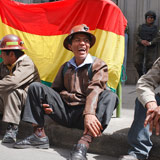
Populism is extremely limited if it is not coupled with highly organized grassroots movements with the ability to shape politics from the ground up.
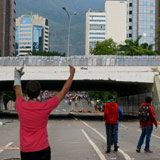
Targeted use of revenue from commodities can be an immediate and necessary salve against brutal levels of poverty and inequality, but Chavismo’s “extractivist” model has left Venezuela as vulnerable as ever to the whims of the international market.
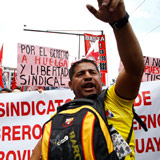
The central protagonists of Latin America’s profound shift away from the neoliberal policies of the 1980s and ‘90s were not strong leaders but social movements.
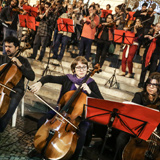
If there is any positive aspect to Brazil’s current crisis, it is the reemergence of non-partisan, civil-society mobilization in response to impeachment and its fallout.

Democratic socialism cannot emerge exclusively, or even primarily, from the grassroots—it implies the structuring of social resources in ways that require government action.
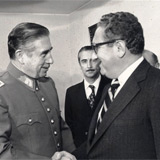
Donald Trump’s statements about migration and foreigners should not be dismissed as an anomaly of primary season politicking. From a historical perspective, they express broadly shared although largely implicit ideas about the relationship between the United States and Latin America.
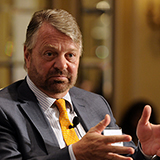
Can the Latin American left really be divided into a moderate, social democratic “right left” and an authoritarian, populist “wrong” one?

As the United States reopens its embassy in Cuba, we offer three accounts of the country’s aging dictatorship, and what the future could hold.

Outside of Cuba, debate around the future of the island hangs on a misleading binary: free-market capitalism or bust. Consistently written out of the picture are Cuba’s democratic socialists—a few of whom I caught up with on a recent trip.
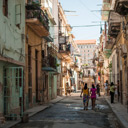
“Cuba hurtles towards capitalism,” declared the Economist in 2012. When I traveled there that year, I didn’t get the same impression.
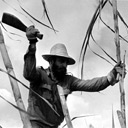
From cutting cane with Fidel to dining with Viet Cong soldiers, some memories from a trip to Cuba with the first contingent of the Venceremos (“We Shall Win”) Brigade.
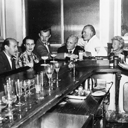
There was the plantation boss, she remembered. A very decent man, really, even if it’s true there was a killing connected to him. It seems he had done it, she remembered, that was the connection. . . .
A short story.



















